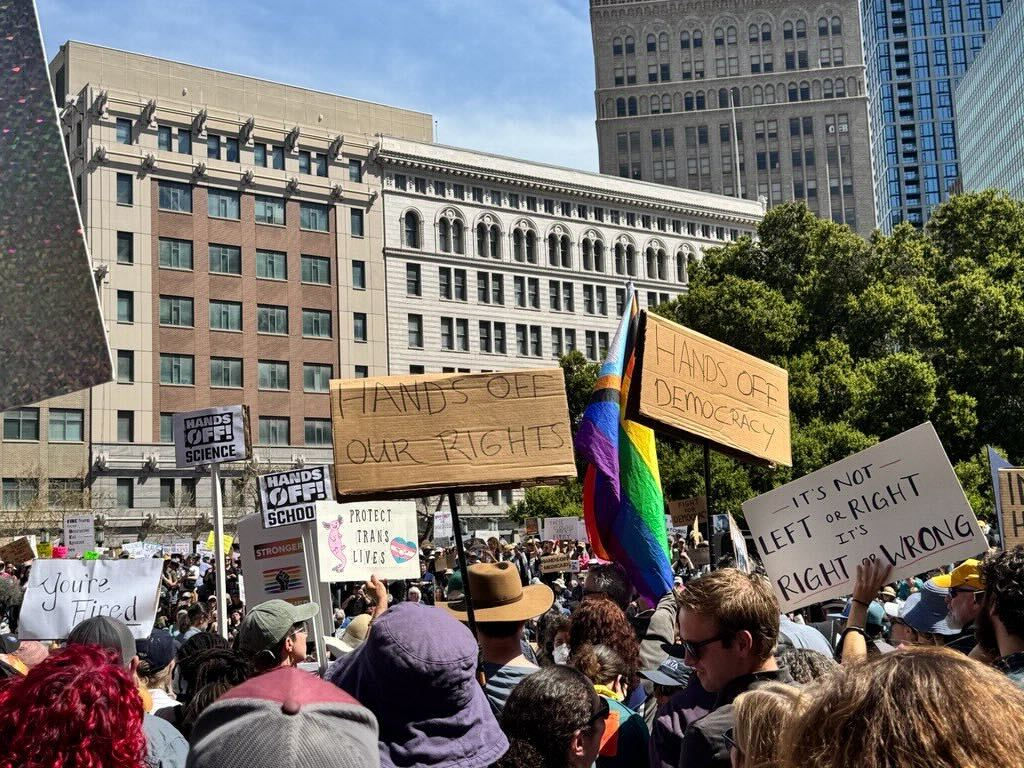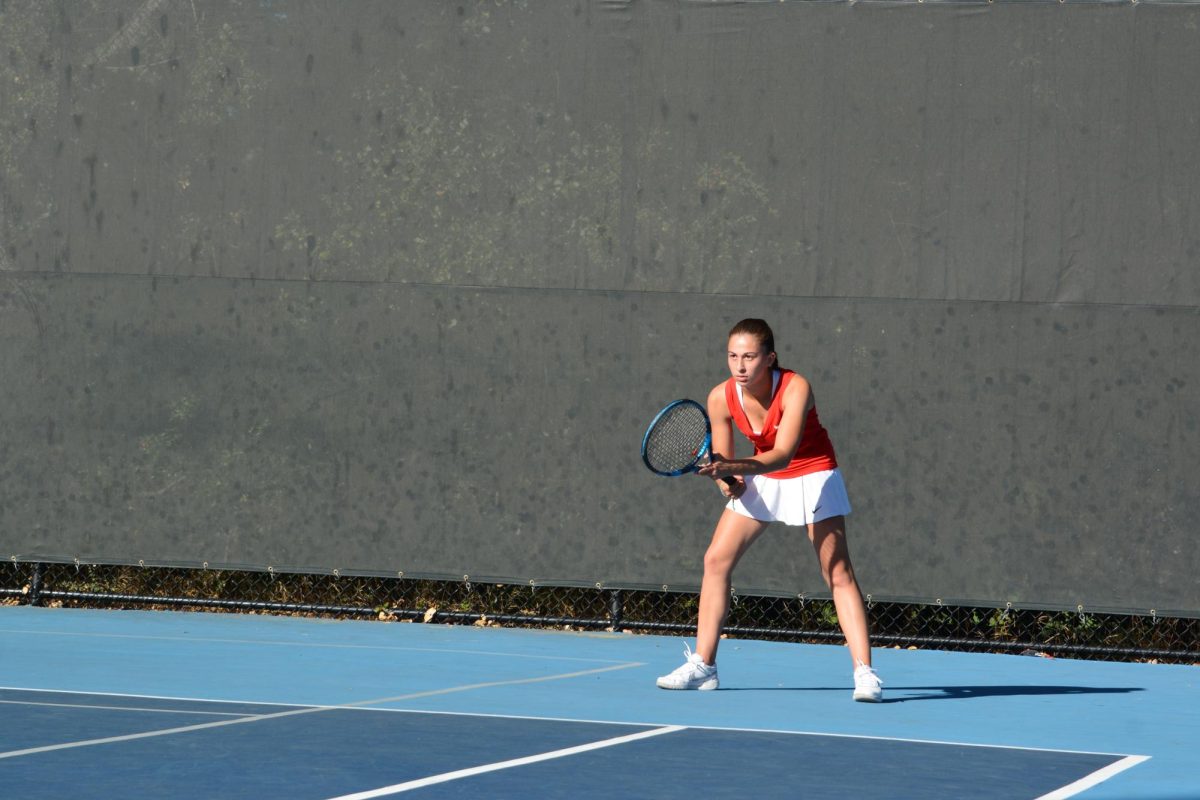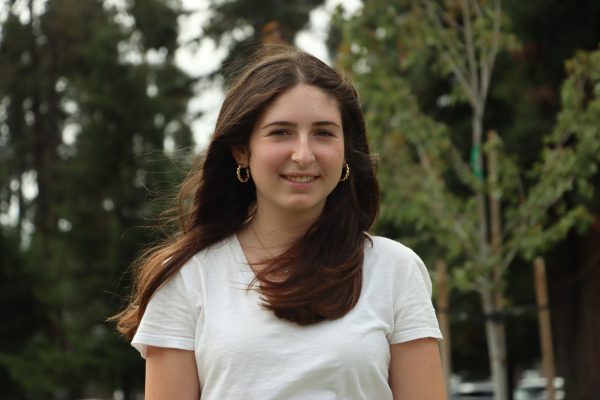From Monday, March 18 to Wednesday, March 20, the Western Association of Schools and Colleges (WASC) visited campus to evaluate Burlingame for accreditation. WASC is a committee that assesses high schools and junior colleges in California, Hawaii and the Fiji Islands to ensure that the school is providing quality education. Most importantly, they determine if the school’s diplomas are valid.
While WASC was visiting, students, parents and community members attended focus groups to discuss their experiences at Burlingame and offer feedback. WASC correspondents also observed classrooms and teachers in action. Freshman Zachary Rosenstein was one of the students chosen to share input in a focus group.
“Everyone was talking a lot and we were kind of just giving our input. A lot of the people were saying that we’re so close to having this open campus,” Rosenstein said. “It’s like, the doors are, quote, unquote, ‘half-open.’ So it’s like some random people can come inside of the school, but we can’t leave.”
Another mandatory part of the WASC observation is a “self-study,” where community stakeholders come together to self-evaluate, gathering data and input on what the school could do to improve. Culinary arts and nutrition teacher Shannon Couch has led the self-study at Burlingame, working for over a year to pull together the report. The staff also worked together to evaluate their curriculums to make sure they met WASC standards. While observing the school, WASC confirms that the self-study is accurate, creates its own report and submits this report to the WASC commission, who then reviews all of the information.
“The process for us as a school has been to meet as a whole staff, as departments and then to talk to a lot of students about where our strengths are and where we can improve in terms of being inclusive and supporting all learners,” Couch said.
For the WASC correspondents, who are all educators from different parts of the state, a memorable aspect of Burlingame was its openness. WASC committee chairperson Mike Woo recognized the uniqueness and challenges of having a school also double as the center of the community.
“[Burlingame] has a very open campus with a community, and so for us coming from other schools, we look at that as like that’s very interesting,” Woo said. “We’ve talked to several people about that, and they understand. But there are some challenges with that with the way your community views their access to the school, based off what the students need and things like that,”
However, Woo and his colleagues also recognized the positive aspects of Burlingame that separate it from other schools.
“Some of the things that we’ve observed is [Burlingame has a] really great staff. We’ve gotten that feedback from the students as well, that they just really enjoy what they do in the classroom and that many students feel a connection to their teachers,” Woo said. And there [are] many teachers they have as favorites which is kind of special because it wasn’t just like, ‘Oh, that’s the one best teacher on campus.”
In Burlingame’s last evaluation in 2018, most of the feedback focused on the promotion of inclusivity and diversity on campus. Since then, Burlingame has responded with changes such as Flex time instead of office hours, self-empowerment classes, a later start time, co-taught classes to accommodate students with learning differences and one-on-one devices for students.
“[There has been] lots of talking to the students who’ve seen a lot of improvement. Even within the new administration, we hear very positive things from people about your current principal and assistant principals,” Woo said. “It was honestly a little surprising that we found out it wasn’t always that way, even just three or four years ago. [It’s a] very positive environment that your new administrators have created in just two years.”



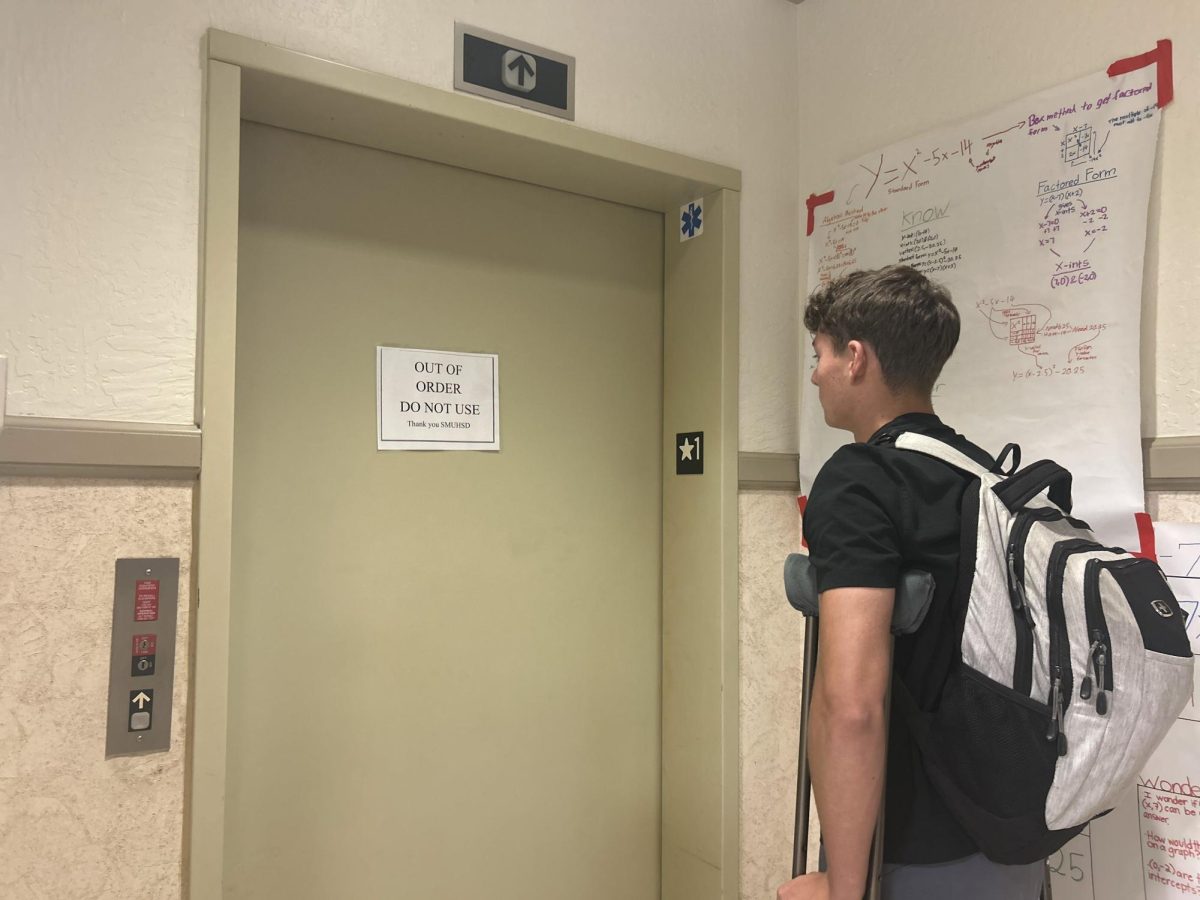
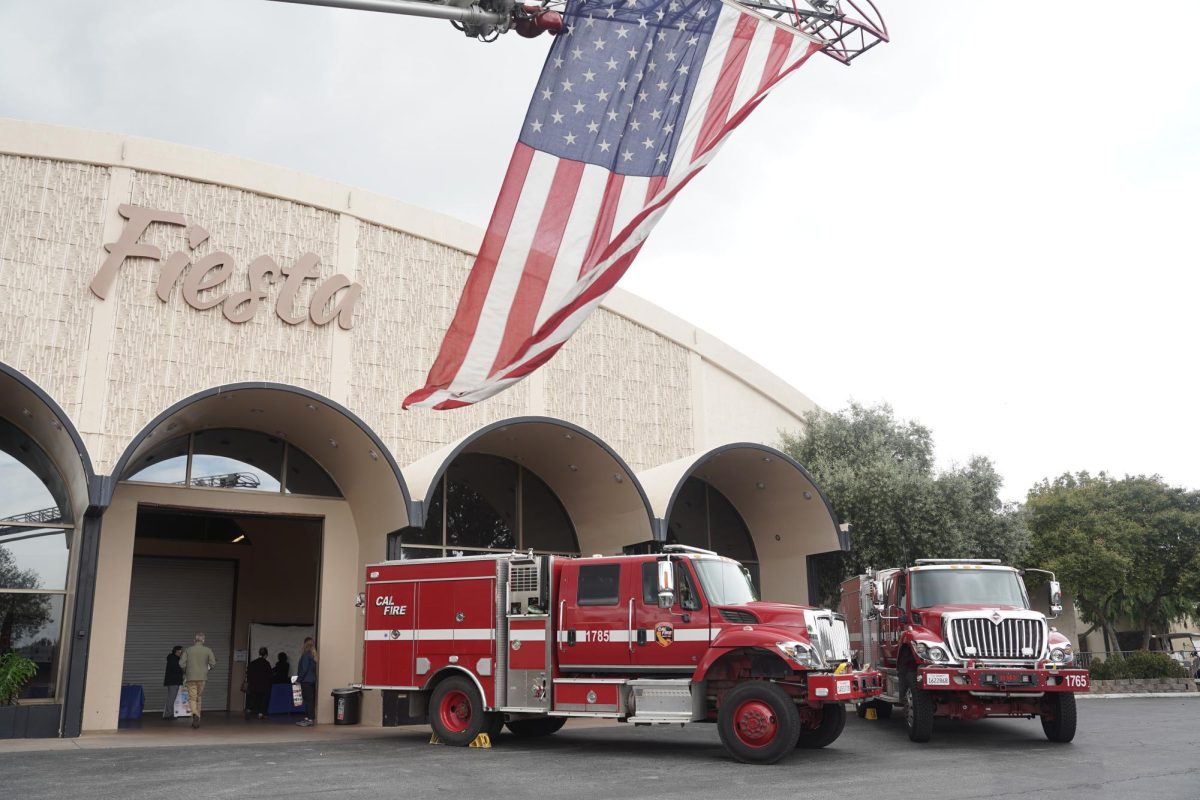
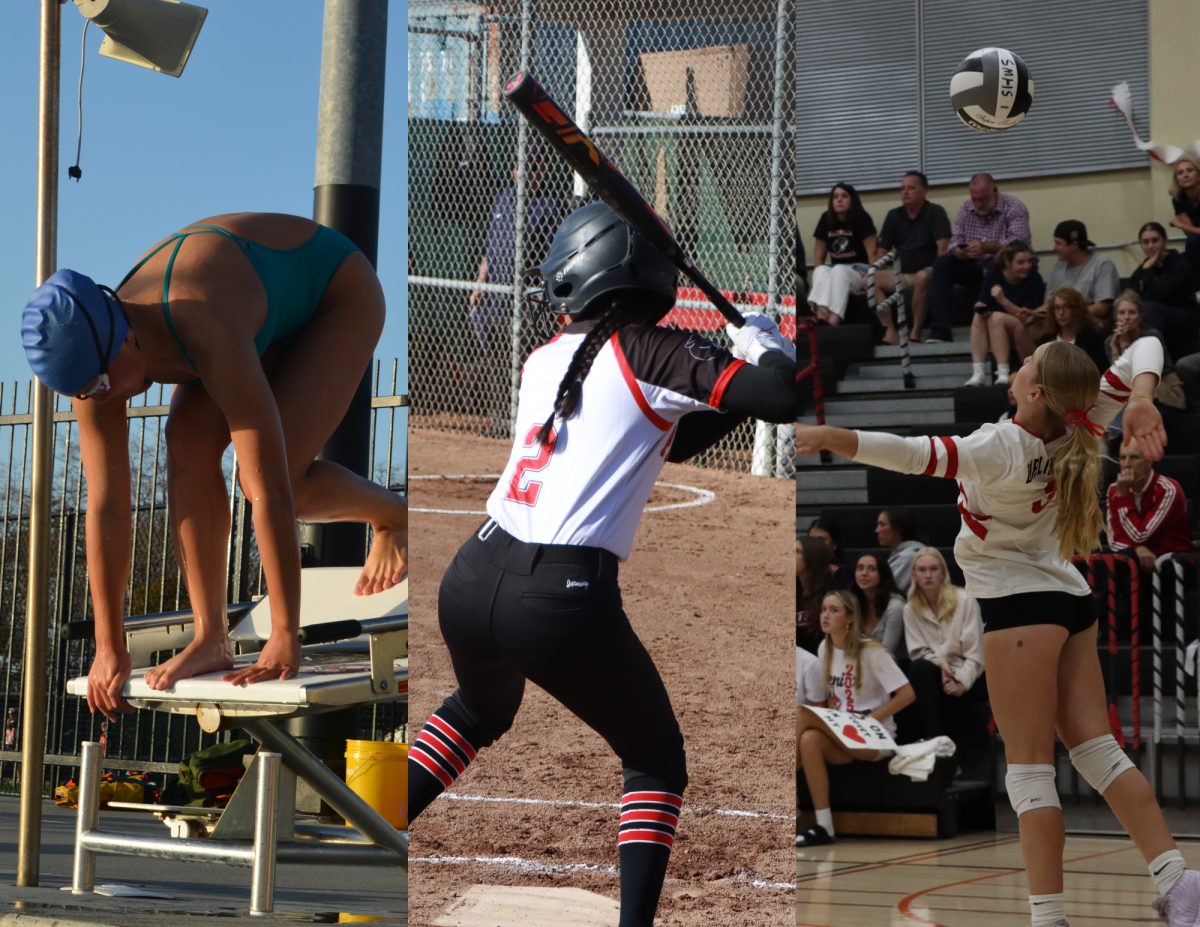

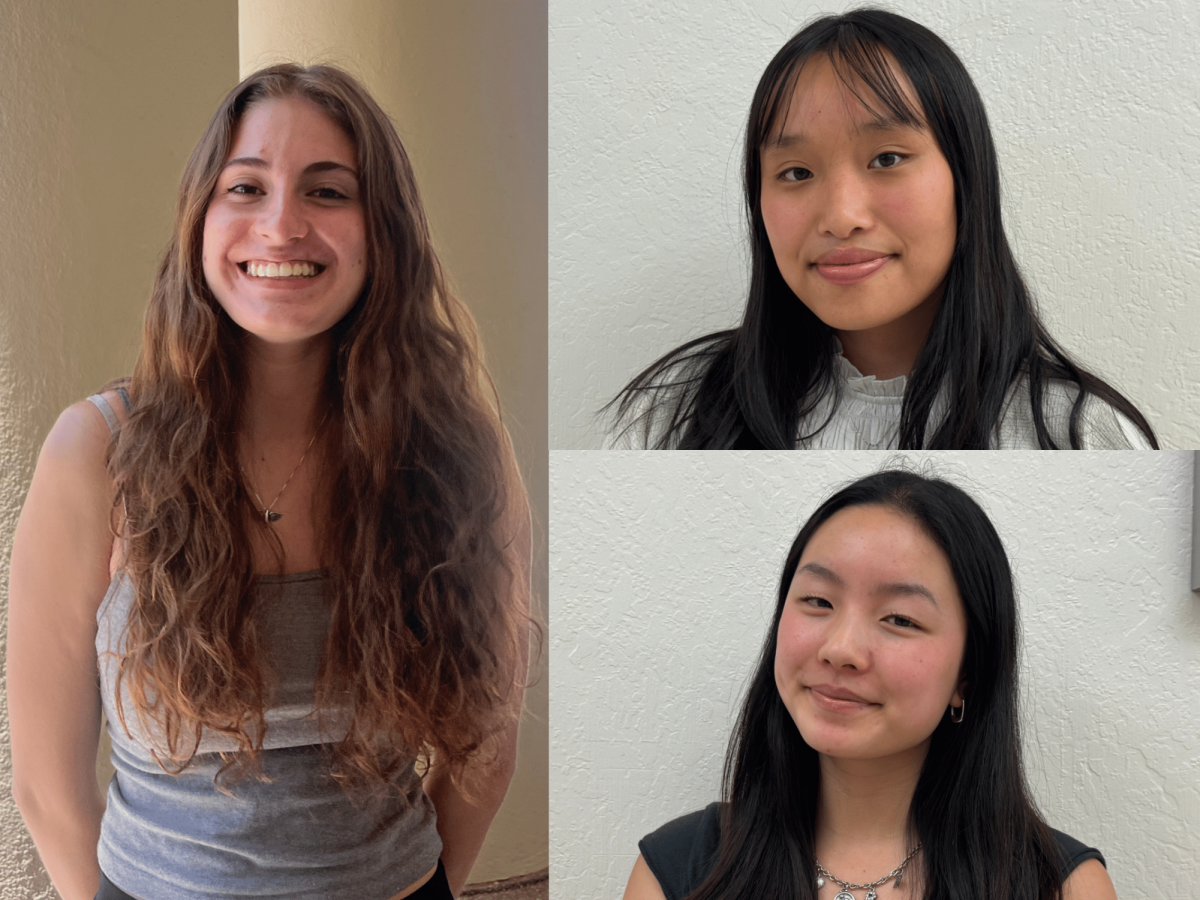
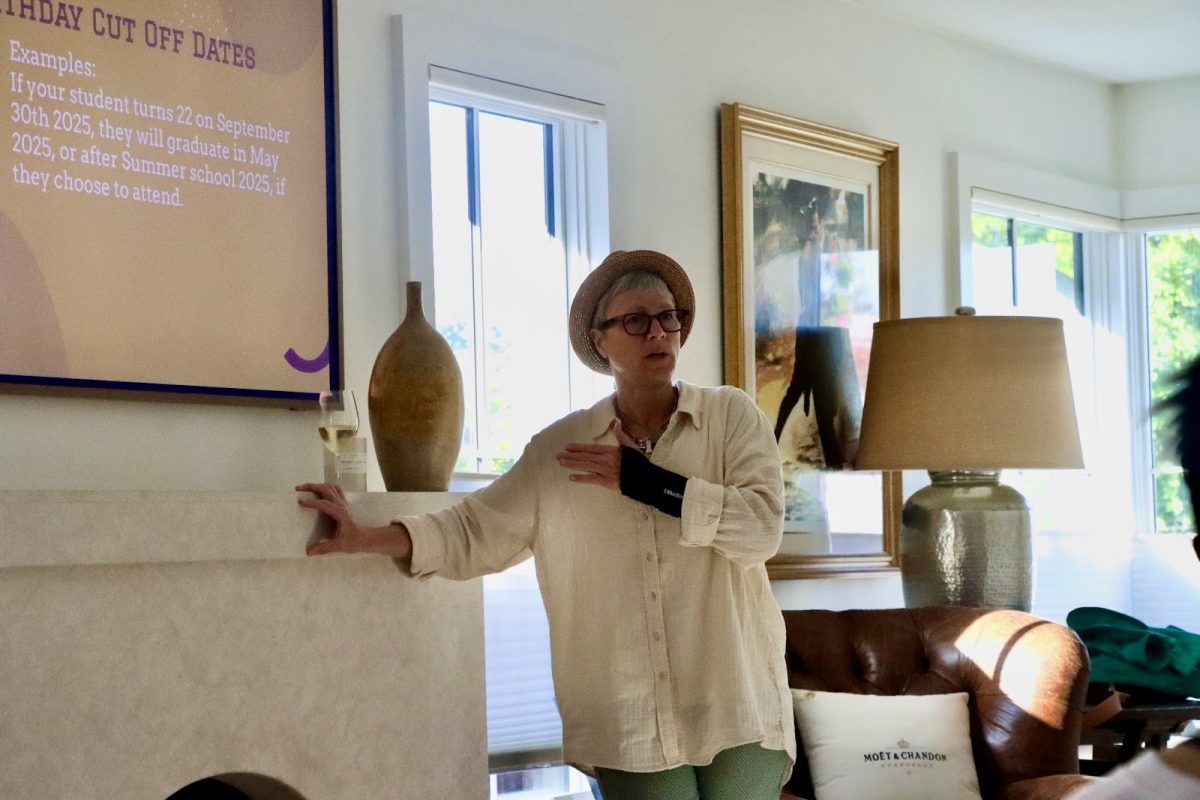



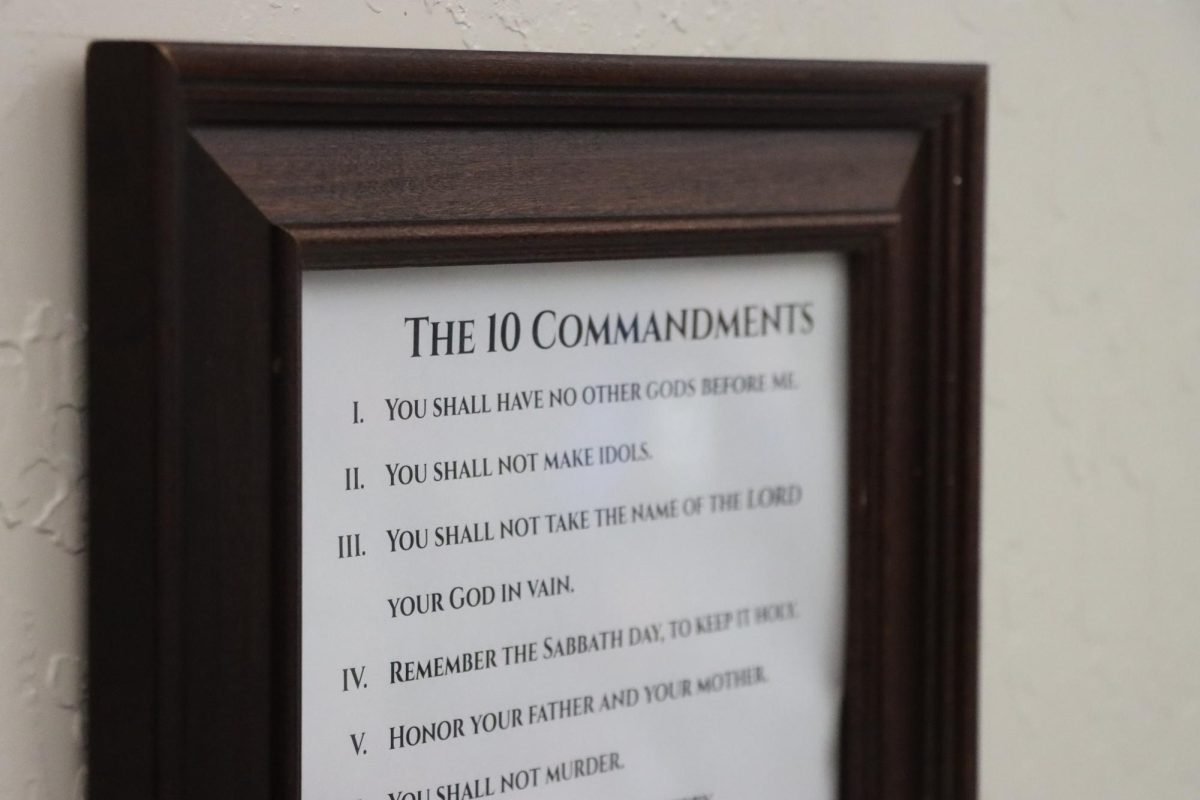


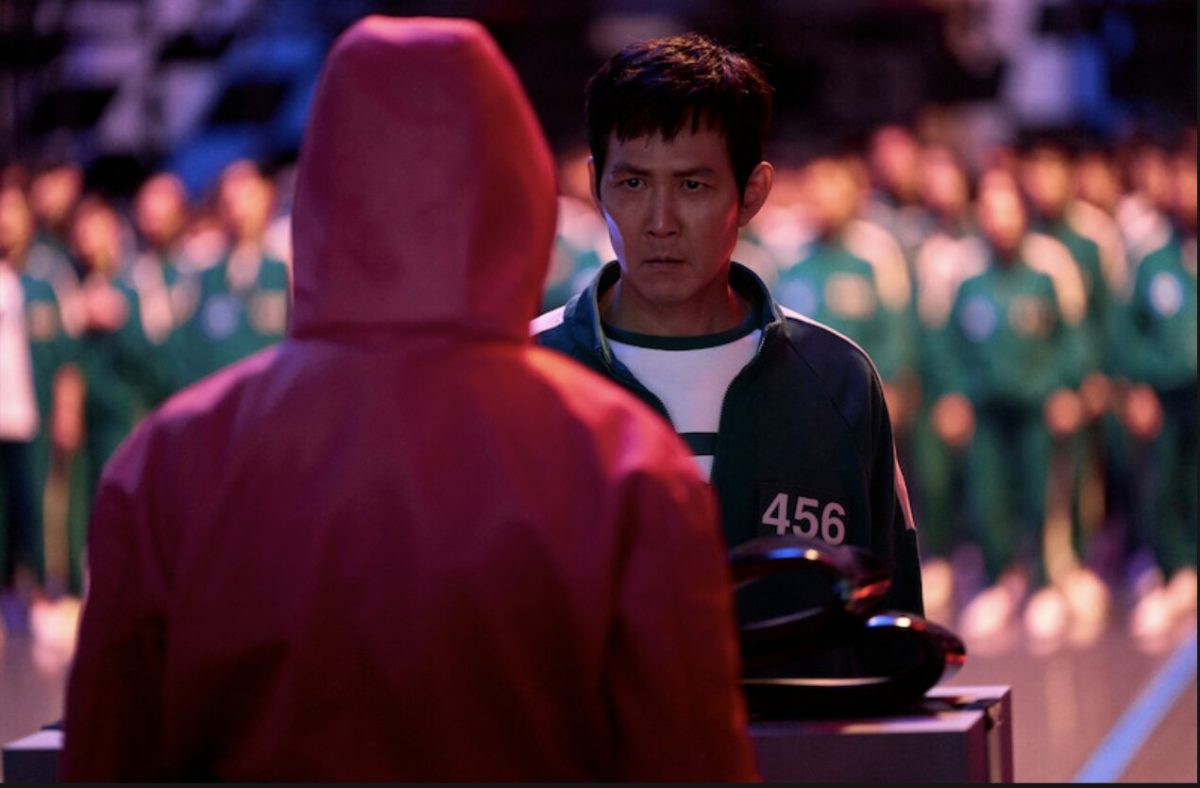


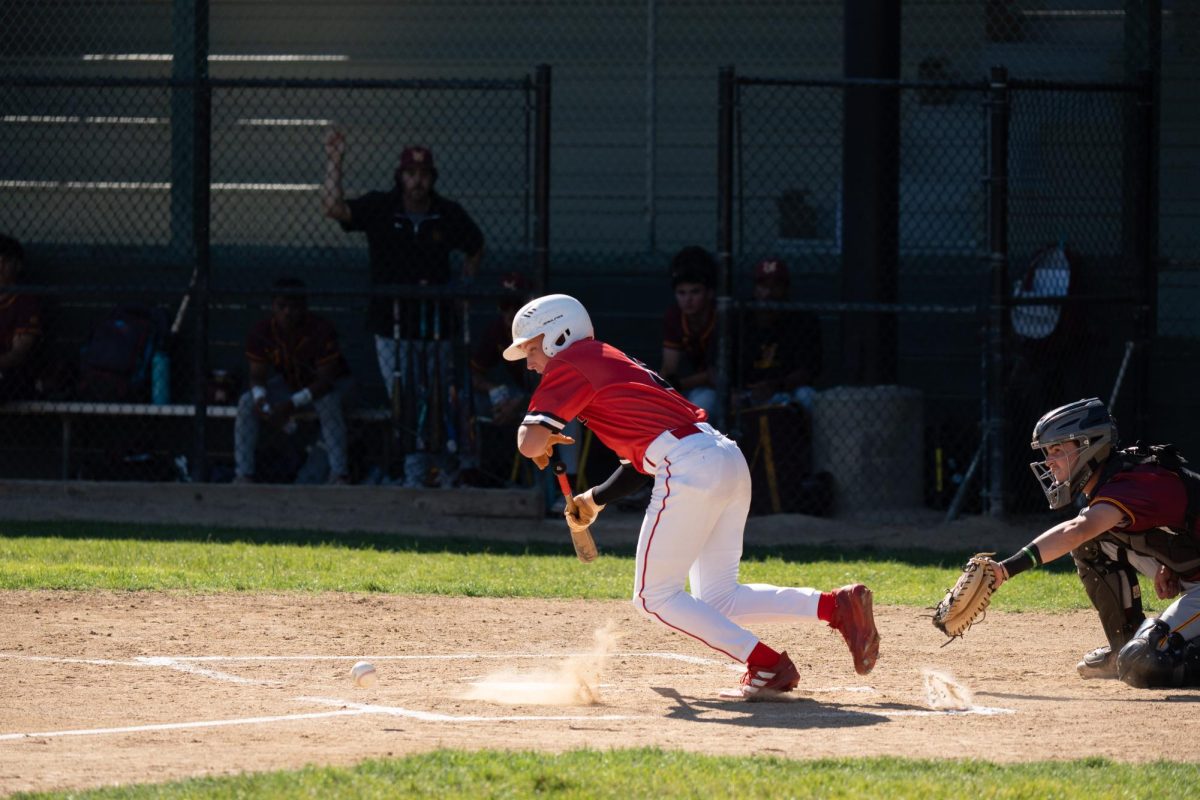

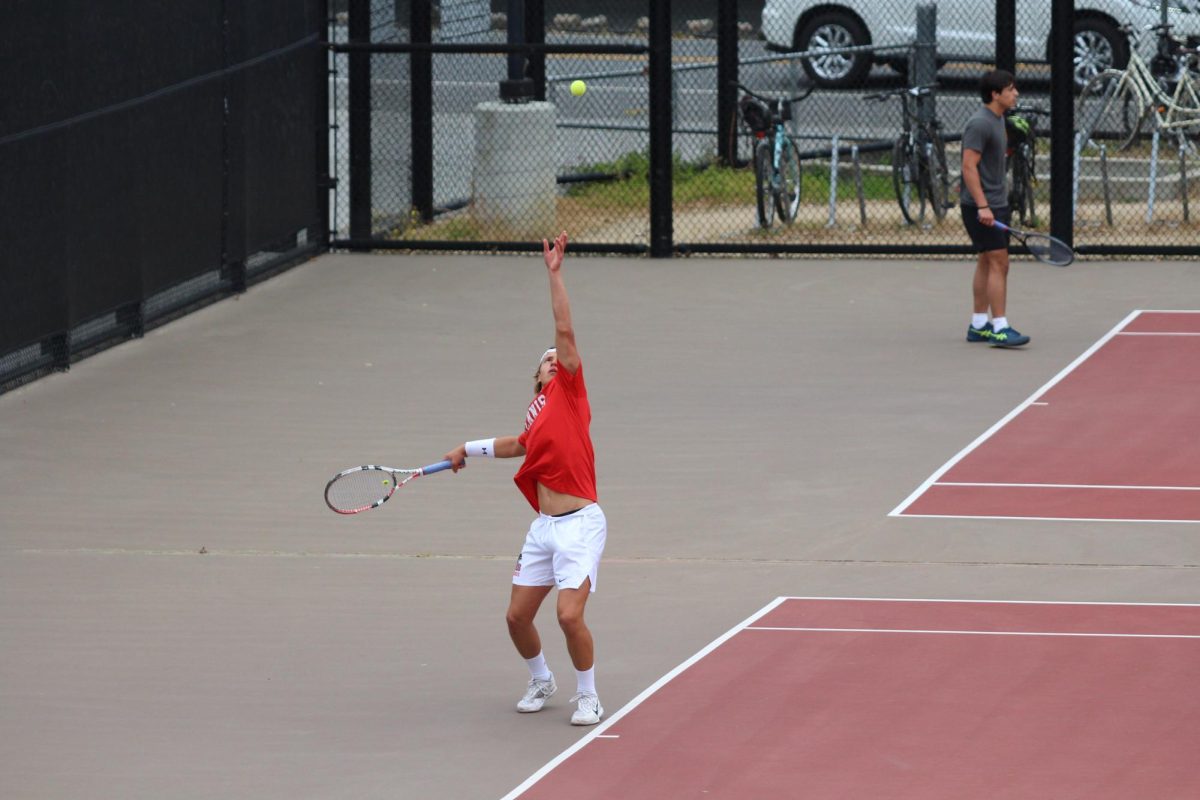
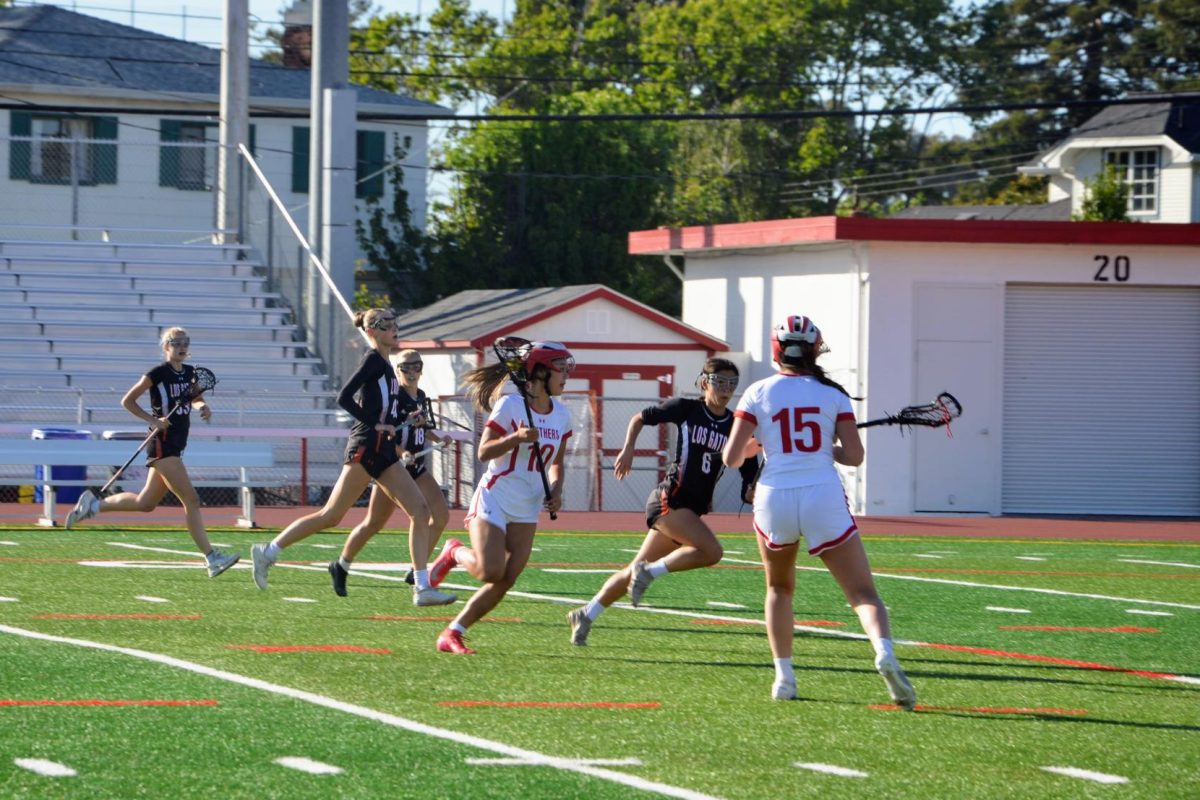
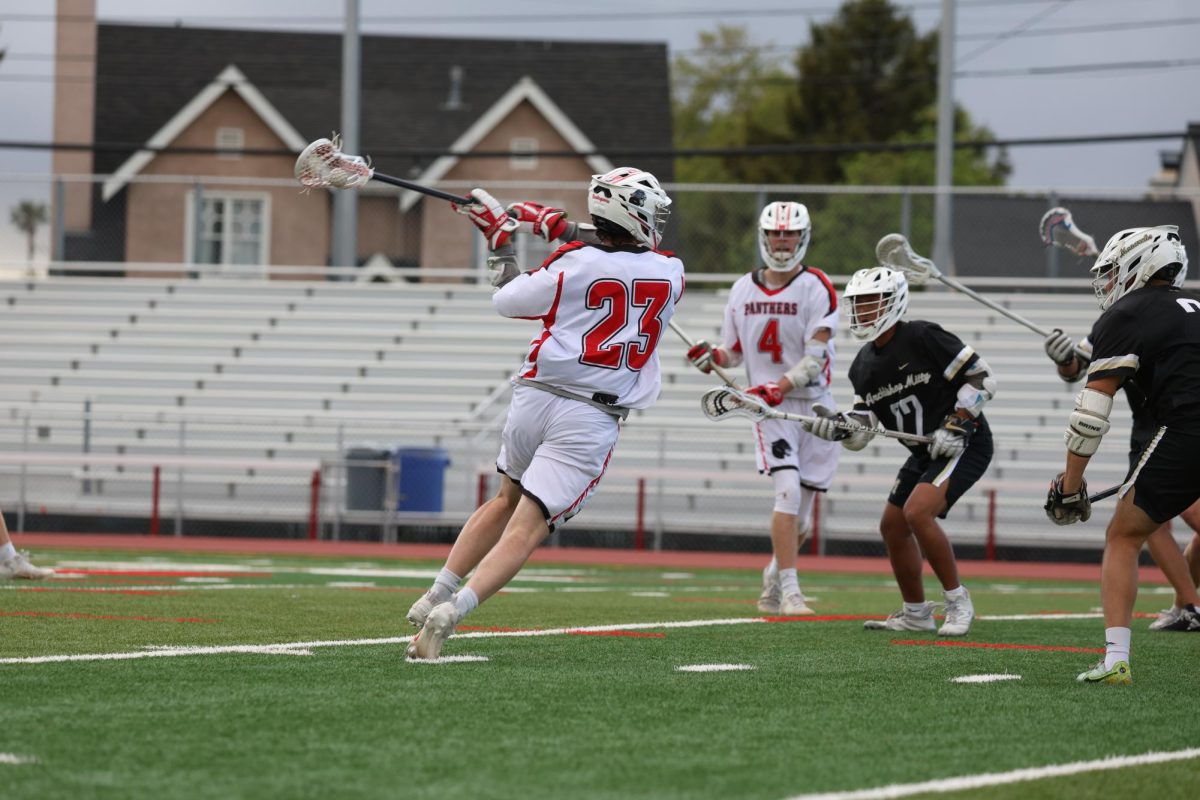













![WASC looks for more than the basic California State standards. According to chairperson Mike Woo, “As new rules and new concerns come up through society, [WASC] look[s] is the school doing something about that. Like the biggest trend post-COVID is mental wellness. So is your school doing something to address the mental health of the students? Along with are they still doing the proper academics?”](https://theburlingameb.org/wp-content/uploads/2024/03/IMG_3401-1200x1200.png)
